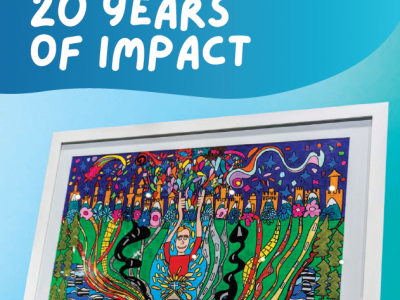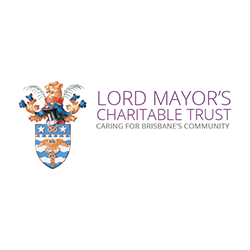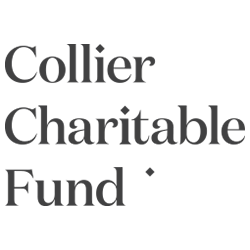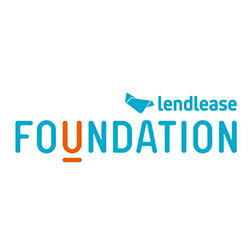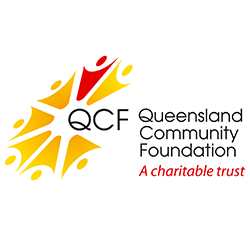
What do you do when someone you care for feels sad or disappointed? Some people sympathise briefly and then go into ‘fix it’ mode. This could sound like, “I’m so sorry for you. It must be terriblebut at least it’s not as bad as…” or “This must be so hard for you.Let’s look on the positive side, you could always…” Too often this approach feels like, “No one understands me.” So, how can you provide comfort and create connection in difficult times, while protecting your own wellbeing, so the experience of another doesn’t overwhelm you?
Empathy - the key to connection
Empathy is being able to* 1. Take the perspective of another, 2. Stay out of judgment, 3. Recognise and communicate emotions and 4. Feel WITH others. Let’s imagine that your son comes home crying because he failed a test at school. You could say, “Don’t worry – you’ll do better next time. What would you like for afternoon tea?” (Ignores the emotion, seeks to distract) or “The questions must have been too hard – my boy doesn’t fail.” (Goes into judgment and ignores the emotion). Both of these responses indirectly give the message that feeling disappointed is bad, uncomfortable and to be avoided.
A more helpful response could be, “You’re obviously really disappointed (share a hug). I remember a time when ______(share an experience when you felt disappointed in a result, provided you can do this authentically) and then ask, “Can you think of anything you can do differently next time?” (Invites problem solving). Now this young man is feeling heard, understood and encouraged to get up and do his best again. More importantly, you’ve formed a deeper connection so he’ll feel comfortable coming to you in the future when the bigger stuff happens.
You can’t always make it better
When someone shares a difficult experience with you, it’s natural to want to take away the hurt, but it isn’t always helpful. Sometimes the best thing to say is, “I don’t know what to say right now, but I’m here for you.”
In summary:
- Identify the emotion and call it what it is.
- Some things can’t be ‘fixed’, just accepted.
- Deepen connections now to safeguard important relationships later.
“Empathy is about finding echoes of another person in yourself.” Mosin Hamid
About the authors: Bare Hands is run by allied health professionals committed to helping women embrace positive change by providing access to practical education. To find out more give us a call, email us or visit www.barehands.com.au


